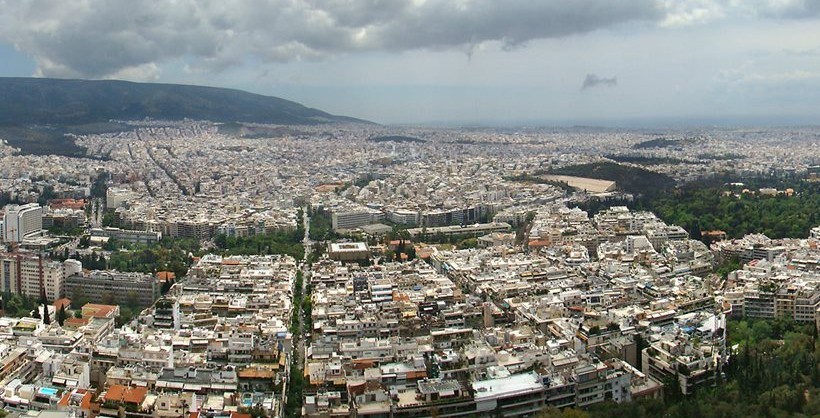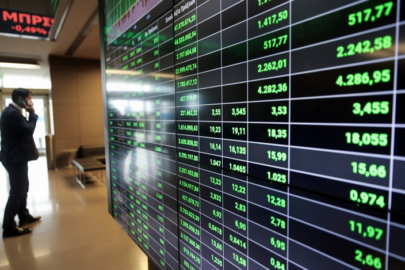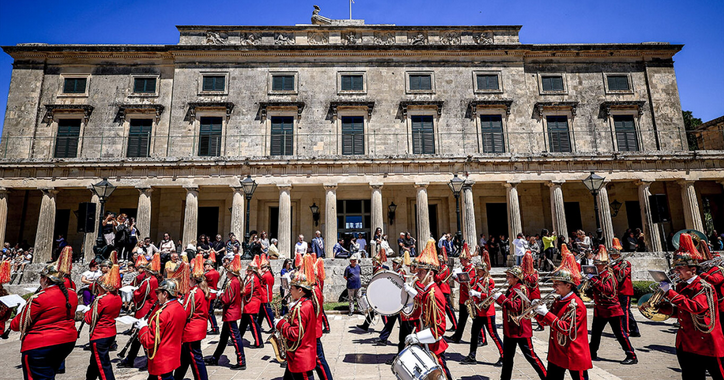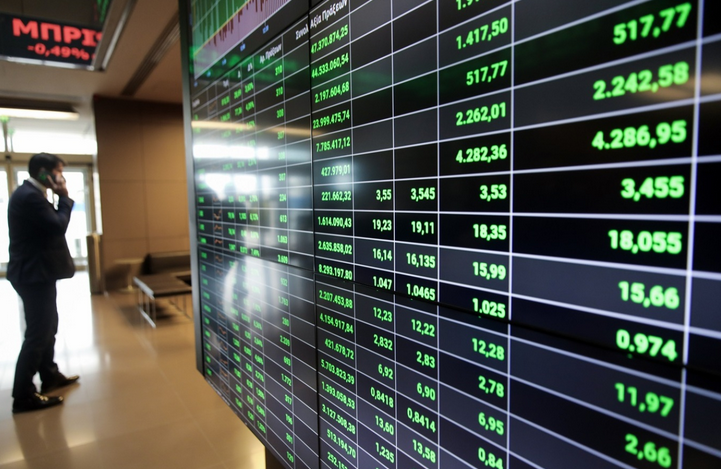The “Brussels Group”, consisting of low-ranking officials of foreign institutions, are in Athens on Thursday to collect data on the Greek economy. The group is made up of representatives of the European Central Bank (ECB), the European Commission (EC), the International Monetary Fund (IMF) and the European Stability Mechanism (ESM) that will be given access to an onsite exchange of facts but won’t meet ministers. The purpose of the visit is to lay the groundwork for technical discussions. The visit will clarify as to whether Finance Minister Yanis Varoufakis’ reforms list is comprehensive enough on its own or if it will need be supplemented with new measures.
The Greek government hopes that the commencement of technical dialogue with Greece’s international creditors will be accompanied by a goodwill gesture on the part of the ECB that is meeting on Thursday morning. It is hoped that the “asphyxiating” policy towards Greece will be loosened as talks begin. Varoufakis, however, denies that he met with ECB Chief Mario Draghi during his visit to Paris.
New visits
The Greek government has insisted that the “Brussels Group” is different to Troika even though it includes members of the three institutions formerly known as the Troika (Klaus Masuch of the ECB, Rishi Goyal of the IMF and Declan Costello of the EC) along with representatives of the ESM/ESFS. However, the five-membered group will only be able to visit Greece with the government’s permission and will not be given access to ministries. Instead, meetings are to take place at a hotel that is not to be announced to the press.
Greek officials and their foreign counterparts are expected to look at tax revenue first, focusing on the single property tax ENFIA that managed to strike the 2.5-bln-euro target that it had aimed for despite the fact that the Troika had doubted that it would. Even though revenue for February surpasses the monthly target, there is still a huge gap to the Greek yield at 963 mln euros for January.
First contacts will include fiscal developments whereas structural changes are to be examined next week. Structural changes are also being discussed in Paris on Thursday with meetings that Prime Minister Alexis Tsipras and Varoufakis are having with OECD Chief Angel Gurria. The last wave of talks will focus on banks.




































